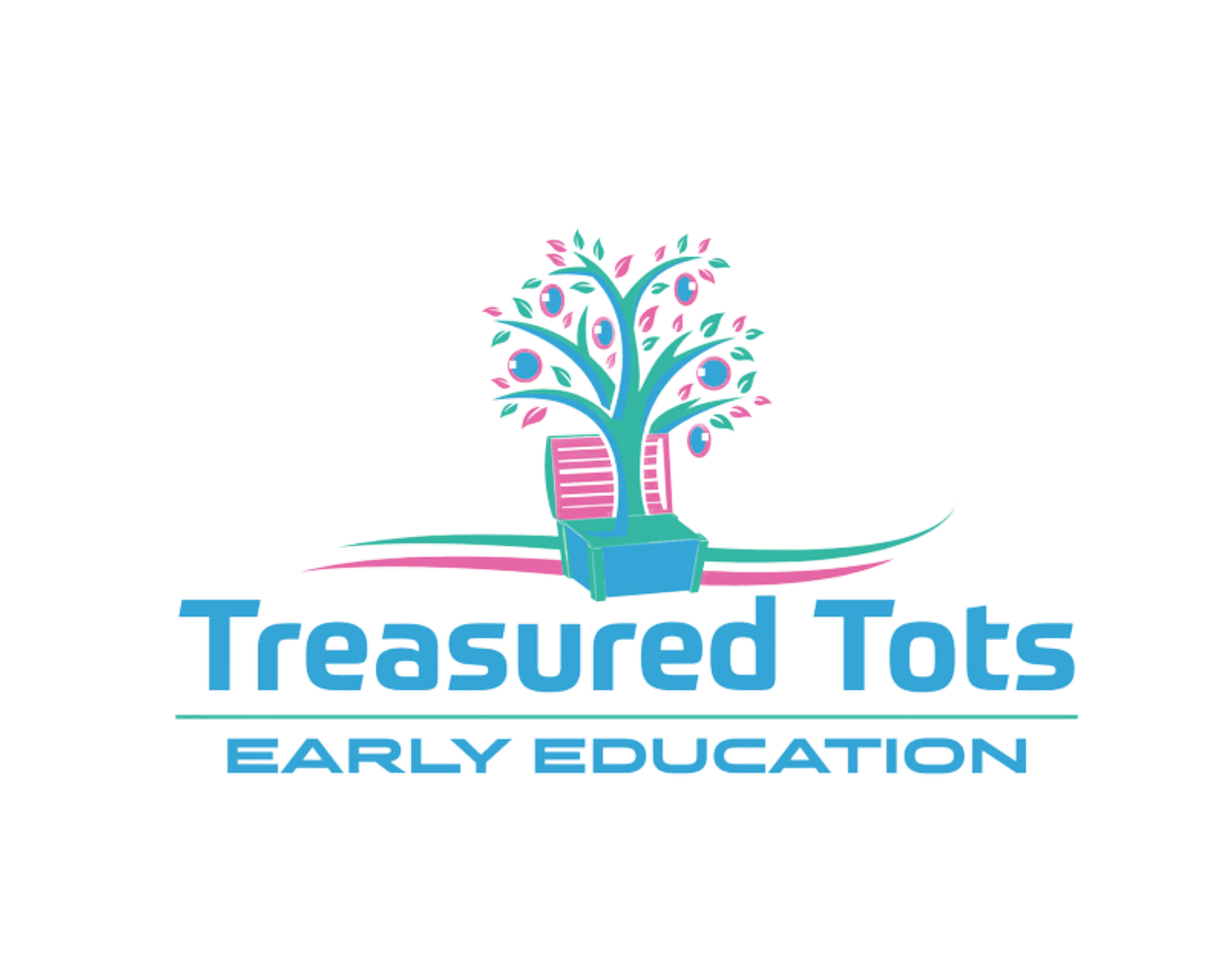Literacy In Early School And Why It’s Important
Literacy is the key to unlocking a person’s potential and the sooner a child is exposed to literacy learning, the better.
That said, not all children have the opportunity for early literacy and while a person’s circumstances shouldn’t determine where they end up in life, a slow start to accumulating literacy skills can make for a challenging future.
Why early literacy matters
Literacy is the foundation for reading, writing, comprehension, learning and problem-solving, but it’s also essential for communicating with others, socialising and developing independence. When a young child has a strong start to literacy development, it can directly impact their long-term life success.
Early language and literacy development should begin at birth in order to prepare a young child for lifelong learning.
Some background to early literacy
The first three years are critical for the development of a child’s brain.
When a baby is born, their brain is around a quarter of the size of the average adult brain and incredibly, it doubles in size during their first year. It grows to about 80% of adult size by the age of three and by the time the child is five, 90% of their brain has developed.
Interestingly, by the time they are three years old, a child’s brain is twice as active as an adult brain! This means a young child’s capacity for learning is vast and they need the right type of stimulation in enriching environments to give them a head start in life.
Should a child not be stimulated appropriately during this crucial timeframe, learning becomes far more difficult. The long-term consequences of low literacy are severe and that’s why the importance of early literacy at home and in childcare and early education environments cannot be over-emphasised.
Consequences of low literacy
Some of the outcomes when a child has low literacy during their school years and later in life are:
Challenges keeping up as the child progresses through school
Limited higher education and training opportunities
Fewer job prospects and greater risk of unemployment
Inability to participate fully in the workforce
Lower salaries
Lack of self-esteem and confidence
Socialisation challenges and a lack of engagement with the community and society at large
Fostering early literacy habits
Early literacy habits start from birth.
Parents can help their little ones start to accumulate vital language, vocabulary, comprehension and literacy skills at home by reading to their children on a consistent basis. A regular bed-time story, visits to the local library and making books readily available and easily accessible go a long way to fostering early literacy habits.
Children also model adult behaviour, so by showing an interest in books and reading, parents can set an example for children to follow.
How your choice of early education provider can influence your child’s early literacy habits
Knowledge and resources are vital for early literacy.
Unfortunately, there are some communities which have limited access to well-resourced early education centres and where investment in early learning programmes is curtailed, but if parents don’t face these barriers to progress and they do have a choice of where to send their little ones, then it is crucial they make an informed decision.
In this regard, you may find this article on choosing the right childcare centre helpful.
A quality childcare or early education centre will unlock a child’s potential, ensure they are well-set and ready for ‘big’ school and set them on a path to a lifelong love of learning.
At our Treasured Tots early learning centres in Mandurah, Bibra Lake, Fremantle, Piara Waters, Hamersley, Bennett Springs and Bicton, we support early literacy by constantly communicating with the children through fun, play-based activities like storytelling, music, singing, dramatic play, games, drawing, writing and reading.
We understand that early literacy is about sounds, words and language. Our highly trained teachers know how important it is to engage and stimulate the children with nursery rhymes, sound games, activities like ‘I spy’ and reading books with lots of rhymes, repetition and rhythm.
If you’d like to see how we support and nurture early literacy, we welcome you get in touch with Treasured Tots. Please book a tour of one of our childcare centres near you so that we can ensure our management team is available to show you around and answer any of your questions. We look forward to meeting you!

